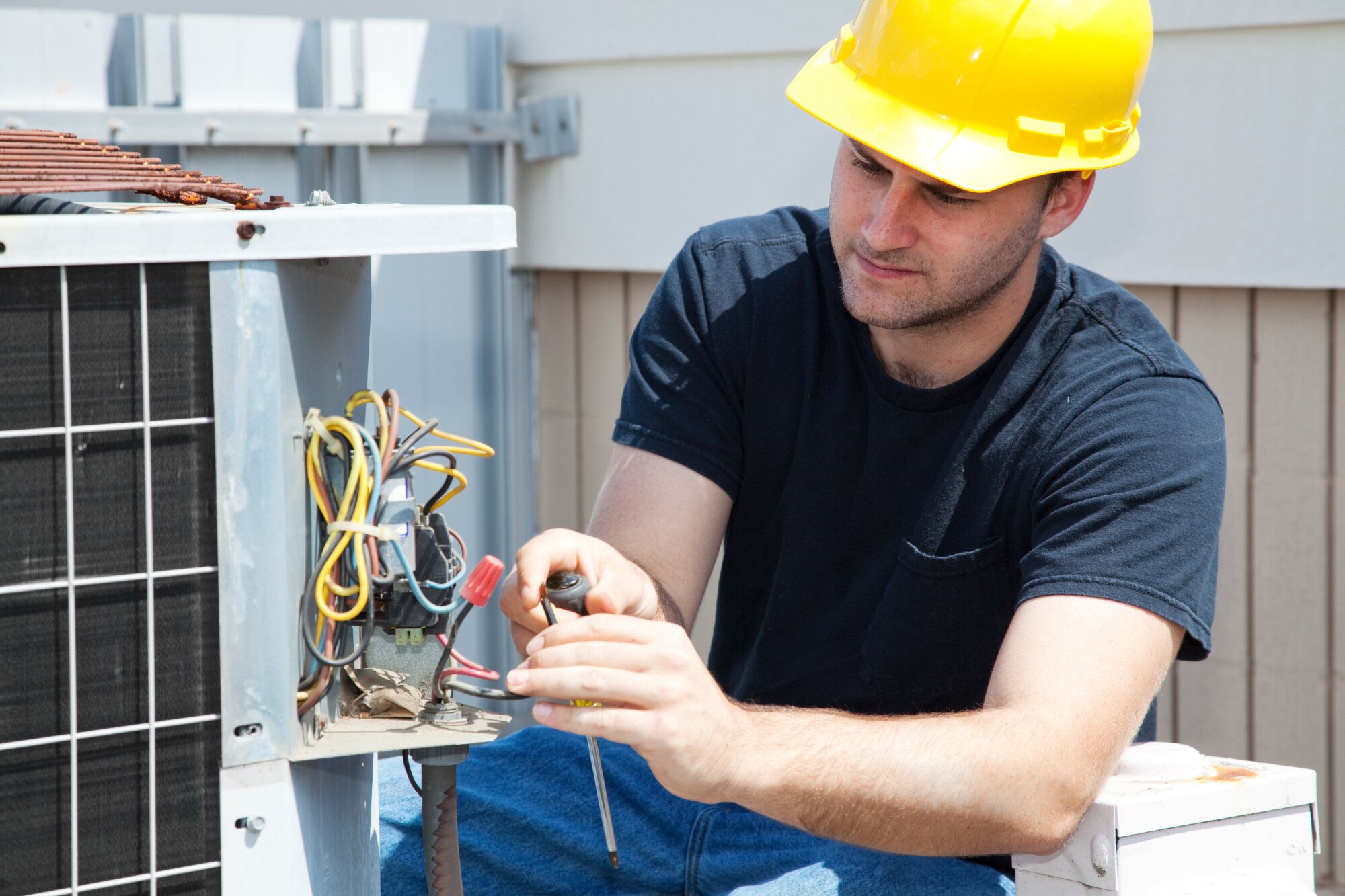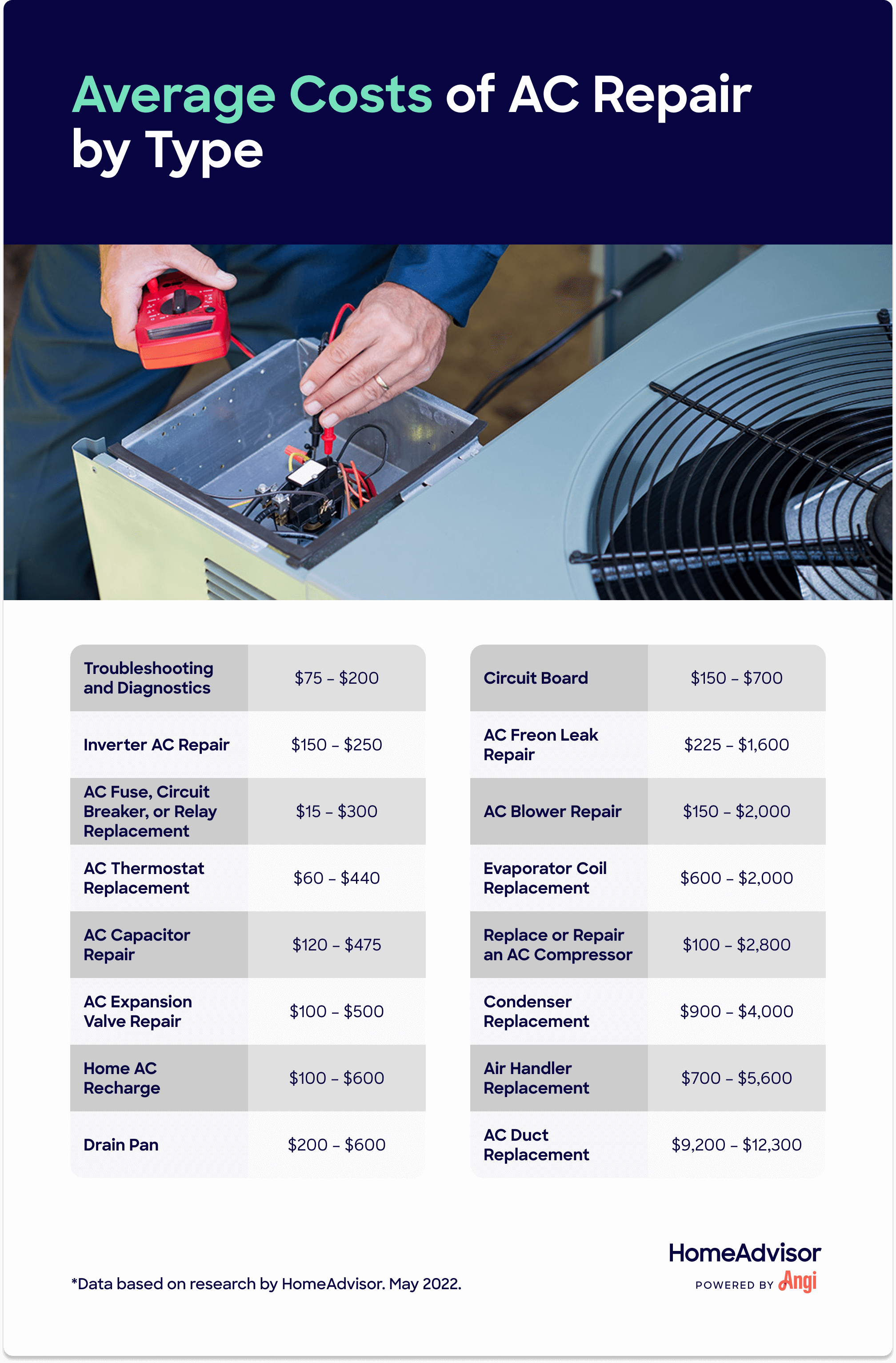HVAC System Repair Costs
by Admin
Posted on 15-01-2025 02:39 PM

Factors Affecting HVAC Repair Costs
Several factors can influence the cost of HVAC repairs. These include the type of system, the extent of the damage, the age of the unit, and the location of your home. Here’s a closer look at each factor:
Type of System
Different HVAC systems have varying repair costs. For example, a simple window air conditioner will generally be less expensive to repair than a central air conditioning system. The complexity of the system plays a significant role in determining the overall cost.
Extent of Damage
The severity of the issue can significantly impact the repair cost. Minor repairs, such as replacing a thermostat or fixing a leak, are typically less expensive. Major repairs, such as replacing a compressor or a heat exchanger, can be considerably more costly.
Age of the Unit
Older HVAC systems are more prone to breakdowns and may require more frequent repairs. If your unit is over 15 years old, it might be more cost-effective to replace it rather than repair it. Newer systems are generally more efficient and reliable, reducing the likelihood of frequent repairs.
Location
The cost of labor can vary significantly depending on your location. Urban areas often have higher labor costs compared to rural areas. Additionally, the availability of HVAC technicians in your area can affect the overall cost of repairs.
Common HVAC System Issues and Their Costs
Understanding the common issues that HVAC systems face can help you anticipate potential repair costs. Here are some of the most frequent problems and their associated costs:
Thermostat Problems
Thermostat issues are relatively common and can often be resolved quickly. The cost to repair a thermostat can range from $50 to $200, depending on the complexity of the issue and the type of thermostat.
Refrigerant Leaks
Refrigerant leaks can cause your air conditioner to lose its cooling ability. Repairing a refrigerant leak can cost anywhere from $200 to $1,000, depending on the size and location of the leak. Refilling the refrigerant can add an additional $100 to $300 to the total cost. For more detailed information on HVAC system repair costs, you can refer to this guide.
Compressor Failure
The compressor is a critical component of your air conditioning system. If it fails, it can be one of the most expensive repairs, costing between $500 and $2,000. In some cases, replacing the entire unit might be more cost-effective.
Dirty Air Filters
Dirty air filters can reduce the efficiency of your HVAC system and lead to increased energy bills. Replacing air filters is a relatively inexpensive task, costing around $10 to $20. However, if the filters are neglected for too long, they can cause more significant issues that require more expensive repairs.
Electrical Issues
Electrical problems can arise from worn-out wires, faulty connections, or damaged components. Repairing electrical issues can cost between $100 and $500, depending on the extent of the damage and the complexity of the repair.
Preventive Maintenance to Reduce Repair Costs
Preventive maintenance is one of the best ways to avoid costly repairs and extend the lifespan of your HVAC system. Regular maintenance can help identify and address minor issues before they become major problems. Here are some maintenance tasks to consider:
Regular Filter Changes
Changing your air filters regularly (every 1-3 months) can improve the efficiency of your HVAC system and prevent dust and debris from accumulating in the system. This simple task can save you money on energy bills and reduce the likelihood of more expensive repairs.
Professional Inspections
Scheduling annual professional inspections can help identify potential issues early. HVAC technicians can perform a thorough check of your system, clean components, and make necessary adjustments. The cost of a professional inspection typically ranges from $75 to $150.
Cleaning and Lubrication
Cleaning the outdoor unit and lubricating moving parts can help maintain the efficiency of your HVAC system. This can be done as part of a professional inspection or as a DIY task. The cost of cleaning and lubrication is relatively low, typically ranging from $50 to $150.
System Upgrades
Upgrading to a more efficient HVAC system can save you money in the long run. Newer systems are designed to be more energy-efficient and have fewer maintenance requirements. While the initial cost of a new system can be high, the savings on energy bills and reduced repair costs can make it a worthwhile investment.
When to Consider Replacement Over Repair
There are times when replacing your HVAC system might be more cost-effective than repairing it. Here are some signs that it might be time to replace your unit:
Frequent Breakdowns
If your HVAC system is breaking down frequently, it might be an indication that it's nearing the end of its lifespan. Repeated repairs can add up quickly and may not be worth the investment.
High Energy Bills
An inefficient HVAC system can lead to higher energy bills. If you notice a significant increase in your utility costs, it might be time to consider a more energy-efficient model.
Age of the Unit
As mentioned earlier, HVAC systems over 15 years old are more prone to breakdowns and may not be as efficient. Replacing an old unit with a new, energy-efficient model can save you money in the long run.
Lack of Parts
If your HVAC system is outdated, it might be difficult to find replacement parts. This can make repairs more expensive and time-consuming. In such cases, replacing the unit might be the better option.
DIY vs. Professional HVAC Repairs
While some minor HVAC repairs can be handled as DIY tasks, more complex issues should be left to the professionals. Here's a breakdown of when to consider DIY repairs and when to call in an expert:
DIY Repairs
Simple tasks such as changing air filters, cleaning the outdoor unit, and checking for loose connections can often be done by homeowners. These tasks can help maintain the efficiency of your system and prevent more significant issues.
Professional Repairs
For more complex issues, such as refrigerant leaks, electrical problems, and compressor failures, it's best to call a professional HVAC technician. These repairs require specialized knowledge and tools, and attempting them yourself can lead to further damage or safety hazards.
Financing Options for HVAC Repairs and Replacements
If you're facing a significant repair or replacement cost, several financing options can help make it more manageable. Here are some options to consider:
Home Equity Loans
If you have equity in your home, you might be able to take out a home equity loan to cover the cost of HVAC repairs or replacements. Home equity loans typically offer lower interest rates compared to other forms of financing.
Personal Loans
Personal loans can be a good option if you don't have equity in your home. Many lenders offer personal loans with competitive interest rates and flexible repayment terms.
Credit Cards
Using a credit card with a low introductory rate or rewards program can be a convenient way to finance HVAC repairs or replacements. However, it's important to pay off the balance before the introductory rate expires to avoid high interest charges.
Manufacturer Financing
Some HVAC manufacturers offer financing options directly to consumers. These programs often have low interest rates and flexible payment plans, making it easier to afford a new system.
FAQs
What is the average cost to repair an HVAC system?
The average cost to repair an HVAC system can range from $200 to $1,500, depending on the type of system, the extent of the damage, and the location of your home.
How often should I have my HVAC system professionally inspected?
It's recommended to have your HVAC system professionally inspected at least once a year to ensure it's running efficiently and to identify potential issues early.
Can I save money on HVAC repairs by performing some tasks myself?
Yes, you can save money on HVAC repairs by performing simple tasks such as changing air filters, cleaning the outdoor unit, and checking for loose connections. However, more complex repairs should be handled by a professional.
When should I consider replacing my HVAC system instead of repairing it?
You should consider replacing your HVAC system if it's over 15 years old, if it's breaking down frequently, if you're experiencing high energy bills, or if it's difficult to find replacement parts.
Are there any government incentives for upgrading to a more energy-efficient HVAC system?
Yes, some states and local governments offer incentives and rebates for upgrading to more energy-efficient HVAC systems. Check with your local utility company or government agency for available programs.
What is the difference between a tune-up and a repair?
A tune-up is a routine maintenance service that includes cleaning, lubrication, and adjustments to keep your HVAC system running efficiently. A repair, on the other hand, involves fixing a specific issue that is causing the system to malfunction.
Just Rite Air
28015 Smyth Dr Suite 116, Santa Clarita, CA 91355
(661) 779-4499
